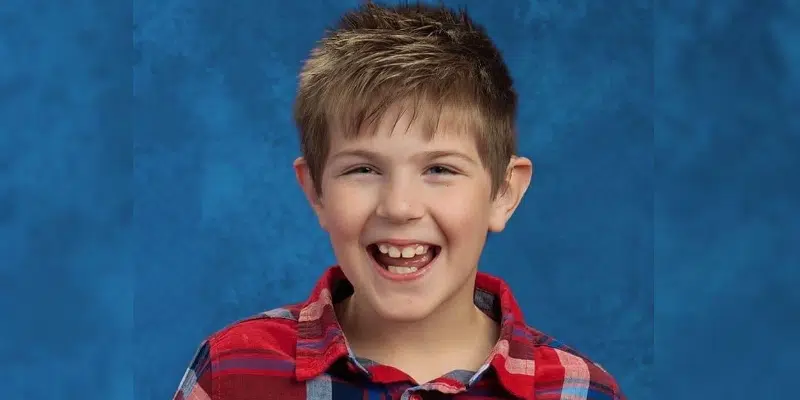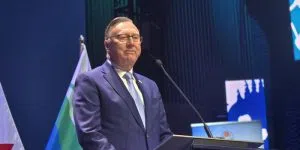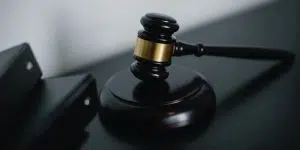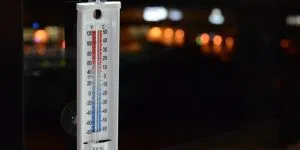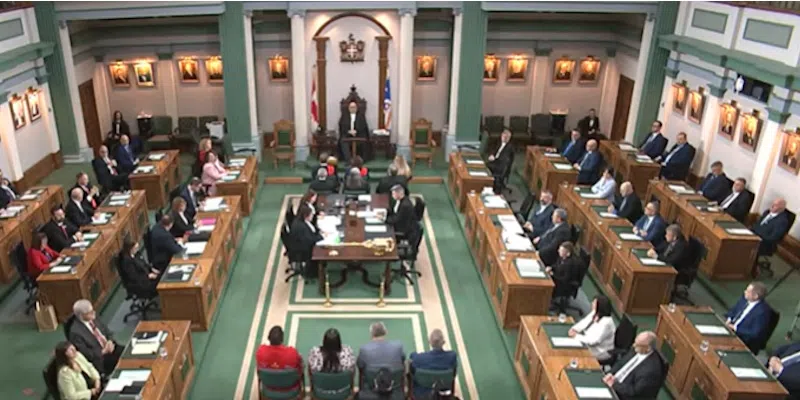Kim and husband Todd Churchill, the parents of Carter Churchill, testified at a human rights hearing in St. John’s on Monday.
They claim the Eastern School District discriminated against them by failing to provide an adequate education for their deaf son, Carter.
His mom broke down several times speaking about her son and his isolation due to struggles with his first language of ASL, or American sign language.
The family’s lawyer, Kyle Rees, says the blame and responsibility lies at the feet of the English school district, not the parents.
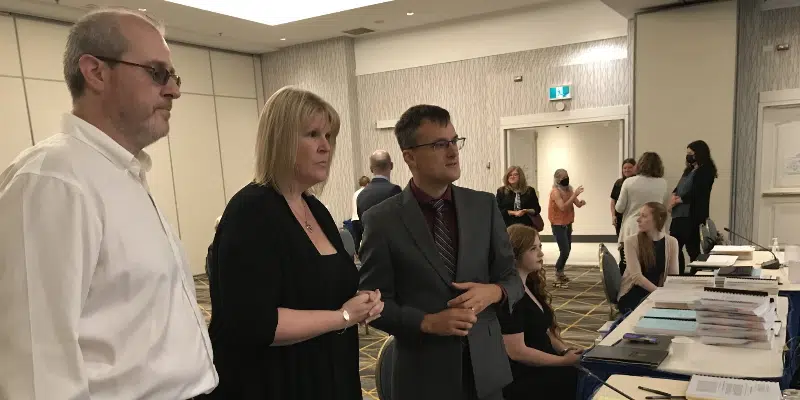
Todd and Kim Churchill, and their lawyer Kyle Rees.
He says they need a ruling that denounces the adverse and discriminatory programming that the boy endured for several years “in the name of so-called inclusion.” That will prevent others from relying on their parents to expend financial and emotional resources on such cases to get a fair education for their child.
It’s no secret that the Newfoundland and Labrador English School District denies the allegations of discrimination.
In his opening remarks, lawyer Steve Penney said the programming doesn’t have to be perfect. He says the board does not accept that the boy was denied meaningful access to education, noting while the supports may not have been perfect, reasonableness, not perfection, is the standard.
The hearing, which is scheduled for nine days, continues this morning at the Holiday Inn in St. John’s. It’s open to the public and is being live-streamed.
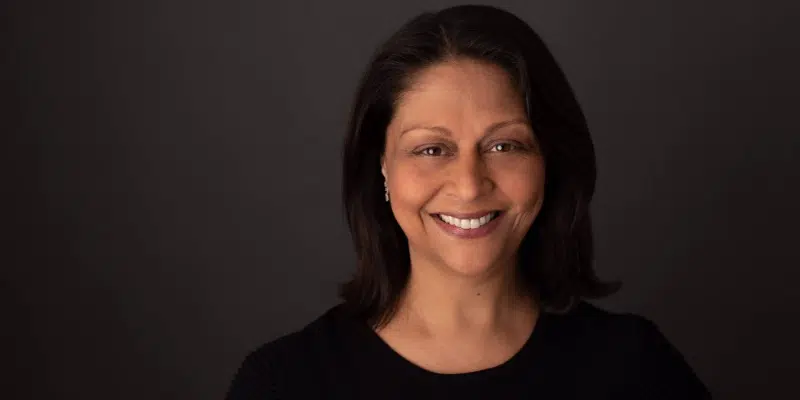
(Carey Majid via NL Human Rights Commission.)
Meanwhile, the head of the Human Rights Commission says the current hearing process is far from ideal, but it’s all they’ve got.
Carey Majid spoke prior to the start of the Carter Churchill matter yesterday, acknowledging the widespread public interest in the case.
She said the outcome will be important because it could help define what it means to have inclusive, meaningful access to education in the province.
But Majid says there has to be a better way to get there. She says it’s clear to her that human rights hearings are not always the best way to resolve these conflicts, especially when it comes to education, but notes it is what exists. Majid wonders if outcomes would be better with a more holistic, relationship-based or restorative way to resolve conflict.





